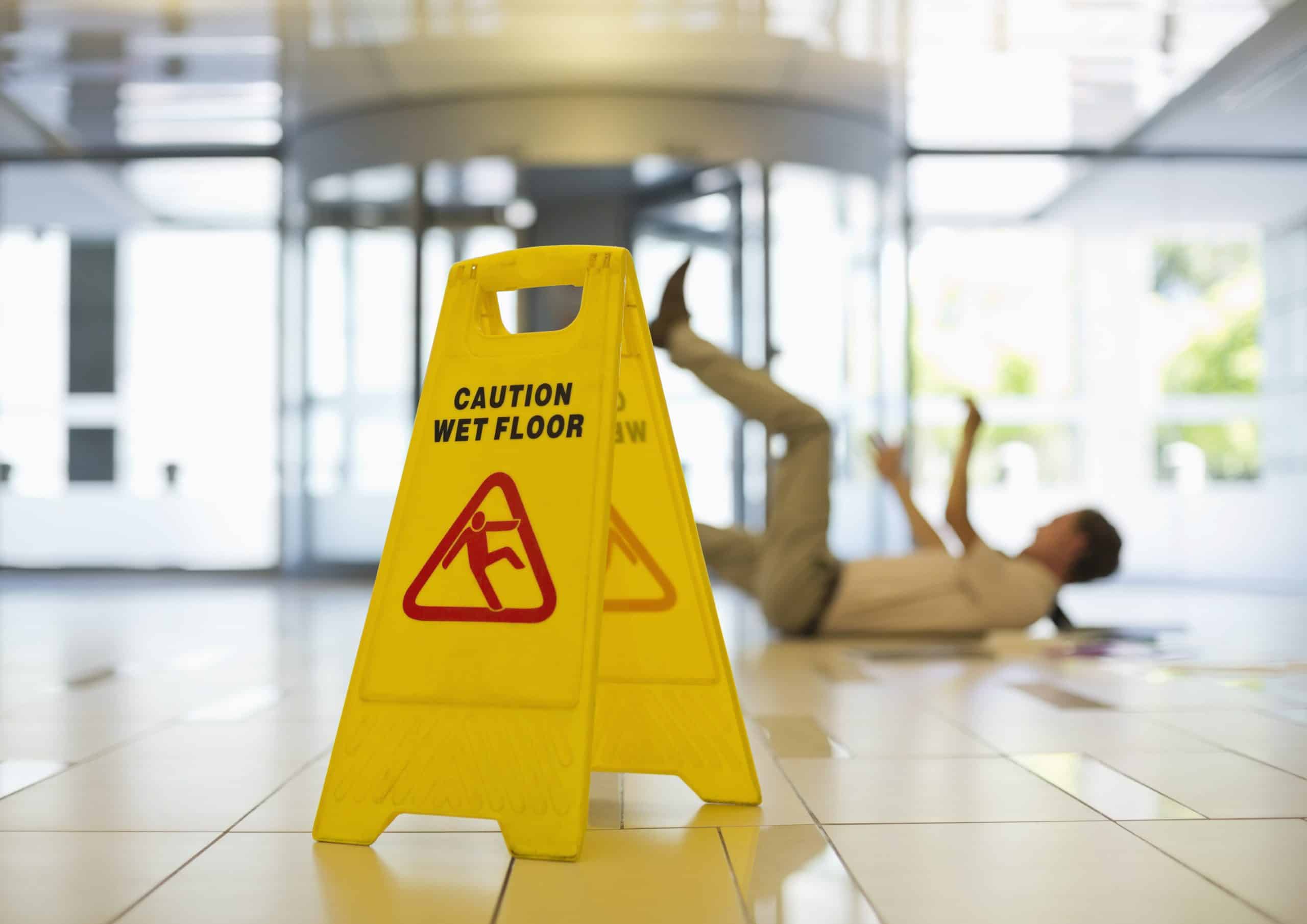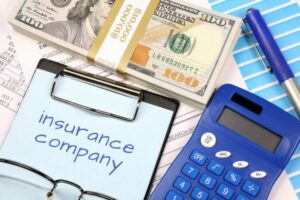
7 Things You Should Know About Premises Liability Laws in New York
Premises liability is a legal term that refers to when someone is injured on the property of another (generally a business owner), even if there was no direct negligence by that individual. It is a form of strict liability in which land owners and other business entities are liable for damages sustained on their property if they fail to take reasonable care to protect visitors. In New York, the law’s purpose is to protect those injured when they enter an area where they have no right to be while offering owners and tenants protection against malicious claims.
7 Things You Should Know About Premises Liability Laws in New York
- The Duty of Care
Landowners and property owners must protect others from unreasonable risks of harm from dangers on their property. The duty of care varies depending on the circumstances. Premises liability claims are often highly fact-intensive. Under New York law, owners and occupiers of land are expected to make their properties as safe as possible for those who come onto their sites and must warn individuals about certain dangers, like wet floor signs in grocery stores. You should hire a New York premises liability attorney if you feel that the property owner breached the duty of care. You might be entitled to compensation.
- Who is Liable?
While anyone can be liable for premises liability, business owners, property owners, and entities, such as schools and churches, are responsible for injuries. As a general rule, the liability falls on those who own the land or premises where someone has been hurt (the “insured”). The landlord’s insurer can also be responsible in many cases.
- Proximate Cause
The New York law has a concept known as “proximate cause.” It means that even if someone is not negligent, they can still be held liable if they caused the injury with their actions or omissions through ordinary negligence. Working in a warehouse or other building where dangerous conditions exist might mean that you are risking your safety by doing so.
- Negligence
A property owner can be negligent in one of two ways: if they fail to take reasonable steps to prevent an injury, foresee danger, or know about a problem and do nothing to correct it. If someone is injured by something likely to cause harm, but there was no negligence, the injured party is not eligible for compensation.
- Damages
Damages are the financial compensation a person injured by a dangerous condition or property has to pay. To receive damages, the plaintiff must prove that they were injured, identified the wrongdoer, and suffered injuries.
- Judgments
A judgment is a legal document that orders payments on a property owner’s insurance policy in exchange for compensation for physical injury resulting from someone else’s negligence. You must consult a premises liability attorney if you have questions about handling a claim or what to do after an accident involving premises liability.
- Statutes of Limitations
New York’s statute of limitations applies in most personal injury cases. This law establishes how long an injured party has to file a lawsuit in New York. Depending on the nature of the injury, plaintiffs have anywhere from three years to 20 years after the date of injury to file suit, depending on the statute of limitations in question.
Premises liability is a complex area of law, and it can be challenging to understand. If you have been injured on someone else’s property, contact a New York premises liability attorney today. They can examine your case and provide the guidance you need to determine your best course of action.




